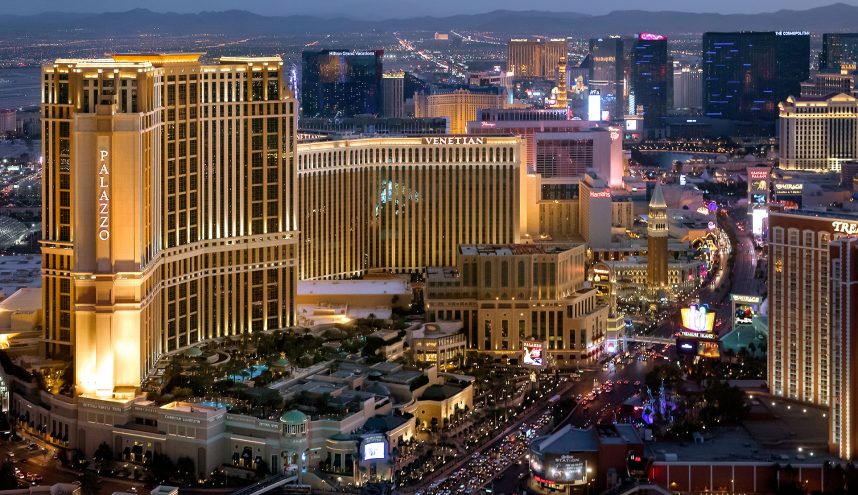Posted on: December 6, 2024, 10:42h.
Last updated on: December 6, 2024, 10:42h.
Apollo Global Management (NYSE: APO), the operator of the Venetian casino hotel and convention center on the Las Vegas Strip, is joining the S&P 500.

Index provider S&P Dow Jones Indices made the announcement today following the close of US markets, sparking an after-hours rally in shares of the private equity firm. The stock surged 6.14% in extended trading on news of its addition to the benchmark domestic equity gauge.
Apollo Global Management Inc. and Workday Inc. (NASD:WDAY) will replace Qorvo Inc. (NASD:QRVO) and Amentum Holdings Inc. (NYSE:AMTM) in the S&P 500, respectively,” according to a statement from S&P. “Qorvo and Amentum Holdings will replace Kelly Services Inc. (NASD:KELYA) and Service Properties Trust (NASD:SVC) in the S&P SmallCap 600, respectively.”
All additions and deletions to the S&P 500, S&P MidCap 400, S&P SmallCap 600 indexes will occur at the open of US markets on Dec. 23. Apollo is the only name with gaming ties being added to or removed from those gauges.
Apollo Has Extensive Gaming Exposure
It’s been more than three and a half years since Apollo returned to the Las Vegas Strip. In March 2021, Las Vegas Sands (NYSE: LVS) announced the sale of the Venetian, Palazzo, and Venetian Expo. to Apollo and VICI Properties (NYSE: VICI) for $6.25 billion. Apollo paid $2.25 billion for the operating rights to the venues, while VICI shelled out $4 billion for the real estate.
In its time operating Venetian, the private equity company has bolstered the venue’s performance and financial situation, enabling it to distribute to bonuses to employees and dividends to investors. Since February 2022, Apollo has made $490 million in investments at Venetian, including new eateries as well as a fresh sportsbook and poker room. The operator has also pledged another $1 billion to improve the integrated resort.
That is to say Apollo’s return to Las Vegas is going better than its previous experience. Apollo and fellow private equity firm TPG Capital executed a massive $30 billion leveraged buyout of a previous iteration of Caesars Entertainment in 2008. Nine years later, the debt-laden gaming company filed for bankruptcy, and in 2019, Apollo and TPG sold their equity stakes in the operator.
Apollo is also in the process of acquiring of Everi (NYSE: EVRI) and International Game Technology’s (NYSE: IGT) global gaming and PlayDigital units. The financial company has also attempted to buy or been a rumored bidder for various gaming assets around the world.
Why S&P 500 Inclusion Matters
Apollo becomes the third private equity stock added to the S&P 500, joining rivals Blackstone (NYSE: BX) — also a major owner of gaming assets — and KKR (NYSE: KKR).
For any stock, inclusion in the S&P 500 is noteworthy because the index is one of the most widely observed equity gauges in the world and has trillions of dollars benchmarked to it. For example, the three largest exchange traded funds in the US track the S&P 500.
All funds — active and passive — that benchmark to the index must buy the newly added stocks, explaining why Apollo surged on news of its inclusion.
(Except for the headline, this story has not been edited by PostX News and is published from a syndicated feed.)

